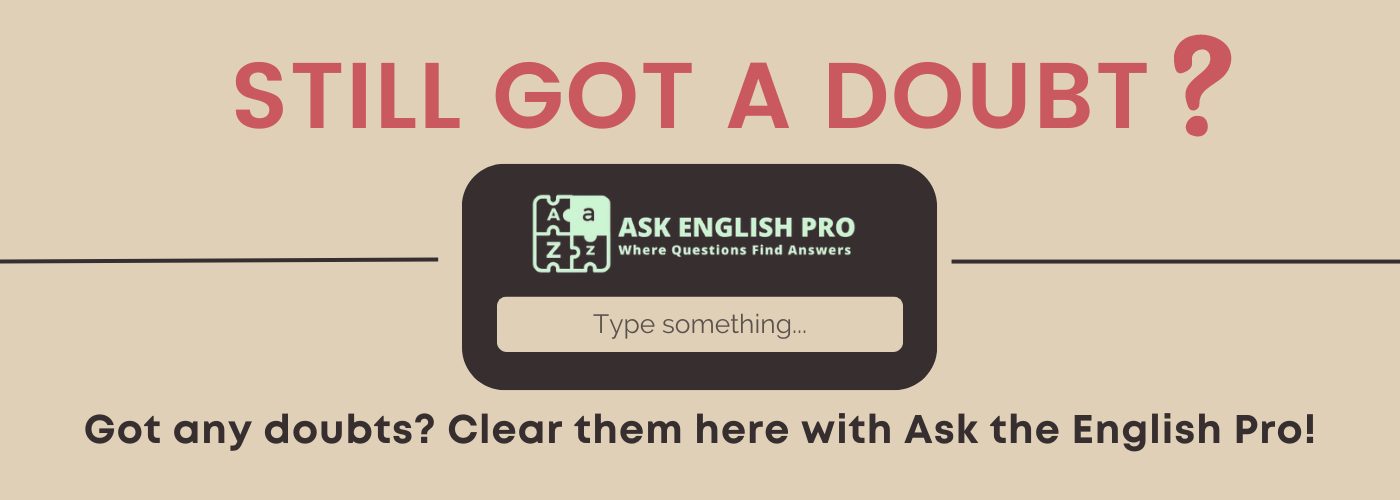Detailed Article for the Word “Gaffe”
What is Gaffe: Introduction
Imagine a moment where words slip out unfiltered or an action unfolds awkwardly, resulting in an unintended social or professional blunder. A “gaffe” captures this all-too-human slip—a mistake that might draw laughter, embarrassment, or even consequences. From casual social settings to high-stakes public speeches, gaffes can turn a simple misstep into a memorable event. In today’s fast-paced, often publicized world, where every word can be recorded, a gaffe serves as a reminder of our vulnerability to errors and the importance of quick thinking and grace in recovery.
Origin and History of the Word Gaffe
The word “gaffe” finds its origins in French, where it initially referred to a hook or pole used by sailors for docking boats. This imagery evolved in the 19th century to describe a “blunder” or “mistake,” possibly due to the metaphor of being “hooked” into an embarrassing situation. “Gaffe” entered English in the early 20th century, capturing the sense of a public misstep or faux pas. Over time, the word has come to signify social and professional mistakes, especially those made in public or high-profile situations.
Meaning and Definition of Gaffe
Gaffe (noun):
- A blunder or awkward mistake, often made in public or social settings.
- An unintentional remark or action that causes embarrassment or confusion.
- A social or political misstep that may lead to public scrutiny or criticism.
How to Pronounce Gaffe
GAF
How to Remember Gaffe: Memory Tips
To remember “gaffe,” think of “goof”—both refer to mistakes or slips. You might also picture someone “gasping” after saying something wrong, as the shock of a gaffe often leaves everyone momentarily breathless. Another helpful association is with the phrase “goof up,” as both carry the sense of a blunder or embarrassing mistake.
Gaffe in a Sentence: Examples and Usage
- Political: The candidate’s gaffe during the debate went viral, overshadowing the rest of her speech.
- Social: At the dinner party, he committed a gaffe by mistaking his host’s wife for someone else.
- Professional: The executive’s gaffe in a public statement led to a PR crisis for the company.
- Media: A microphone accidentally left on captured the celebrity’s gaffe, sparking widespread media coverage.
- Everyday: Her gaffe of calling her boss by the wrong name during her first week was a story that followed her for years.
- Historical: A famous gaffe occurred when a news anchor announced the wrong winner of a major award, creating public confusion.
- Sports: The athlete’s gaffe on the field led to an unexpected loss for the team.
Difficulty Level of Using Gaffe
Intermediate:
- Commonly used in professional and social settings
- Generally straightforward meaning, with occasional nuanced use
- Best used to describe unintentional errors rather than intentional actions
Modern Usage of Gaffe in Contemporary Context
In today’s world, where every action can be recorded and shared widely, the impact of a gaffe can be profound. Political gaffes often gain instant media attention, influencing public perception and campaign outcomes. In professional environments, a gaffe might lead to corporate setbacks or damage to personal reputation. With social media platforms like Twitter and TikTok, a simple social gaffe can quickly become a viral moment, sparking discussion, memes, and even controversy. The modern landscape thus amplifies the effects of gaffes, making them critical moments for managing public image and practicing damage control.
Politics:
- Political gaffes, whether a misspoken phrase or a misguided policy remark, often become headline news.
- Politicians have developed strategies for managing and mitigating the impact of these errors.
Business and Media:
- Public figures, including CEOs and influencers, are under constant scrutiny, with gaffes affecting brands and personal careers alike.
- Companies now train employees on media awareness to prevent accidental gaffes in interviews or social media posts.
In an age where reputation management is critical, a gaffe highlights both our susceptibility to error and the importance of recovery, adding weight to even small mistakes.



















